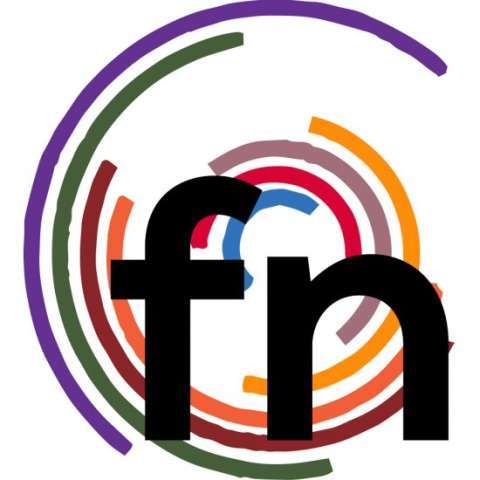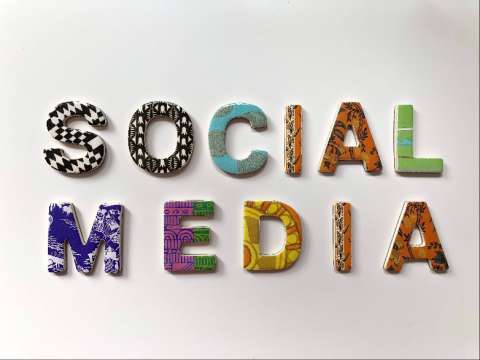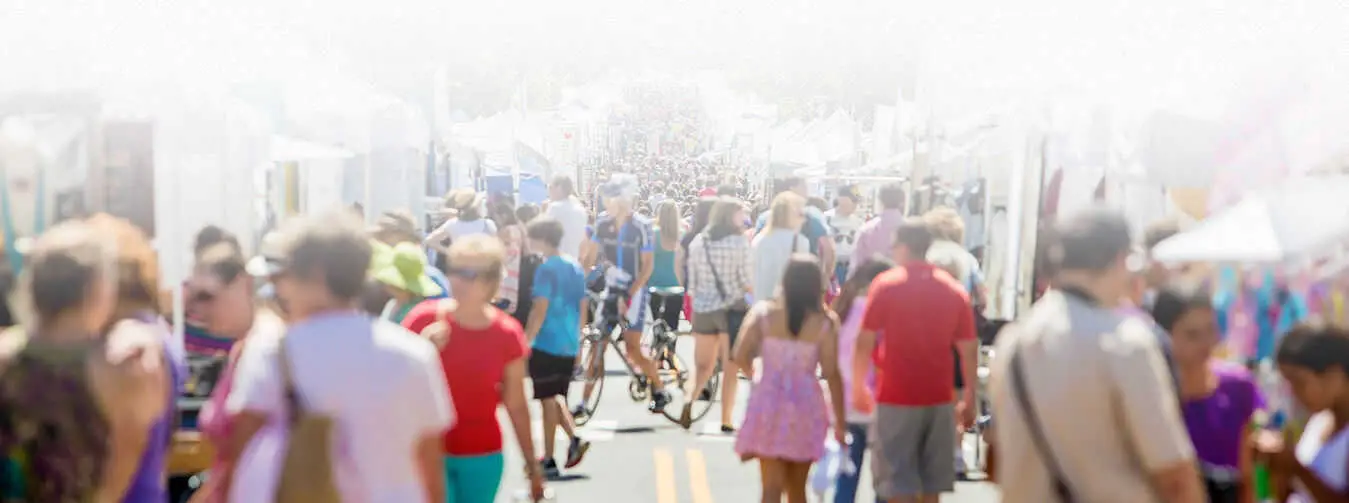1. Plan and organize
Like any other aspect of event marketing, go in with a plan. Know what your goals are, identify your target audience, and have things mapped out. Event planning is essential before you execute your strategy.
Start with a clear idea of what sort of event promotion you are going to do on which social media platforms, and what you hope to accomplish.
2. Organize your Street team
Think of your fan base as a street team. Before you even put anything together, find your core fans and let them know what you are going to do. In a climate of social media clutter, it's important to stand out.
A big part of that is word of mouth. With influencer marketing, get them to commit early to help spread the word, both online and offline, and you'll have a better chance of being seen by the right people. Mobilize them and give them the tools they need to help you promote your upcoming event. This might include downloadable flyers that they can either send to friends by email or print out for distribution.
It can even be as simple as using an event hashtag, a link to your blog post, or any social media post. In some cases, you might be able to reward them with free admission to the event, or perhaps a t-shirt or other item.
3. Create your event properly online
(Or course add any upcoming events to our event page at FestivalNet.com for free first!)
If you're creating an event on Facebook or another event website, make sure you include as much information as you can: title, date, time, and any important details. Also, include important links. Make the details as specific as you can. And use pictures and videos if they fit.
If multiple businesses or organizations are partnering on the event, choose just one of them to create the online event listings. If every participant creates their own event, it will cause confusion and water down the effectiveness.
If you are selling tickets, make sure you link to information about ticket sales. If it is a free event, but you need a hard and fast RSVP count of the event attendees, make sure that is clear and link to that RSVP page.
4. Set the viral sharing in motion
Once your event is created and published, you need to get the word out. If it is part of a page or group, the members/fans SHOULD see that it exists but don't rely just on that. You and anyone involved can use the "share" function to post the event on your personal walls of a social media platform, thereby letting your friends know. You can also use the "invite" function to personally invite any number of friends. As people RSVP that they are coming, encourage THEM to share and invite. The more the merrier.
And make sure that anything you do online is easily shareable, and actually ask for the share. Note: Be selective as you invite. If the event is in Lancaster, and you have friends in Kansas.. probably best not to invite them. Invite your friends that you are pretty sure would be interested in this specific event.
5. Compliment your Social with Traditional
As powerful as social media can be, don't stop there. There is nothing wrong with a full marketing campaign with whatever elements you think will work and will fit into your budget. I've done events with posters that we plastered all over town. I've also secured free promotion through traditional PR and media outreach measures.
And depending on your event, there might be value in some sort of paid traditional marketing and advertising. You might even consider purchasing ads on Facebook or Google if it makes sense in your particular situation.
6. Tap into multiple channels
Don't overlook other marketing channels of promotion. In many cases, people tend to focus on Facebook, but platforms like Google+, Pinterest, Twitter, and LinkedIn, among others, might also be right for you. And don't forget video on platforms like YouTube, Vimeo, Vine, and Instagram. Also, everyone involved should use their websites to promote the event, giving you better reach on search engines.
Also, by using multiple channels you are also getting multiple touchpoints. If you can reach someone in three different places, they are more likely to remember your event. If someone sees your event on Facebook, Twitter, and a poster, it will reinforce the brand of your event in their mind.
Be open-minded as to how to get the word out. And of course, you have people blog about the event.
7. Frequent Updates
As details change, add them to your event pages. Keep your audience engaged. That way, if people have RSVP'd to your Facebook event, they will get notified any time you add any sort of information to that event online.
Not only does this make the information current, but it pushes the information out to the Facebook feeds of those who are involved. Keep people excited all along the way.
8. Give people opportunities to participate
If someone is involved in an event, they feel more invested and are more likely to spread the word. If you are using employees or volunteers, or even outside vendors who are donating equipment, supplies, or services, make sure they are aware of what you are doing online so they can all share.
And make sure they are getting proper credit for their donations of time and services. Because their name is attached, they are more likely to help us out with your event promotion strategy, both online and on the street.
9. Engage
Announcing an event isn't enough. If people comment, make sure you respond and engage them. Draw them into conversation. Give them a reason to post on your event wall. Answer their questions in a timely fashion. Encourage them to take the next step of involvement, whether it is purchasing a ticket or sharing the event with their friends.
10. Be Creative
Think of unique ways of promoting the event. In the past, I've used local podcasts as a way of talking about the event beforehand and even had live podcasts during events. There are a number of services, including YouTube, that will allow for live streaming.
Another thing that often works is getting "supporters" of your event to change their Facebook profile pictures and Twitter avatars to something related to your event
11. Promotion doesn't stop once the event starts
Too many event organizers promote the event up until the time it starts, and then they stop. But why not promote it as it is happening?
Live tweeting or live blogging an event can keep people informed even if they can't attend. It also might get people to show up in the middle of the event. Posting pictures and videos on Instagram, Vine, and other social channels will let them feel a part of it, and also let them know what they are missing.
Create a hashtag for the event and use it yourself, while encouraging those in attendance to use it as they live tweet. Encourage them to post pictures and videos on Instagram and Vine, and tag themselves in official photos of the event. All of this will generate some great online buzz about the event.
And once the event is over, don't just move on to the next event or business as usual. Keep talking about the event while posting pictures online. The goal is to keep people thinking about the event, whether they attended or not. This will help you keep the ball rolling as you promote future events, and even as you just go about your day-to-day marketing for your business or organization.
Every event is unique and your approach to promoting an event will be different every time. As you create and produce more events, you'll learn from what you and others have done in the past. Use your previous events to learn and update your event marketing strategy for next time!
Archive Article by Ken Mueller:
https://www.inklingmedia.net/
Image Courtesy:
https://unsplash.com/@merakist



